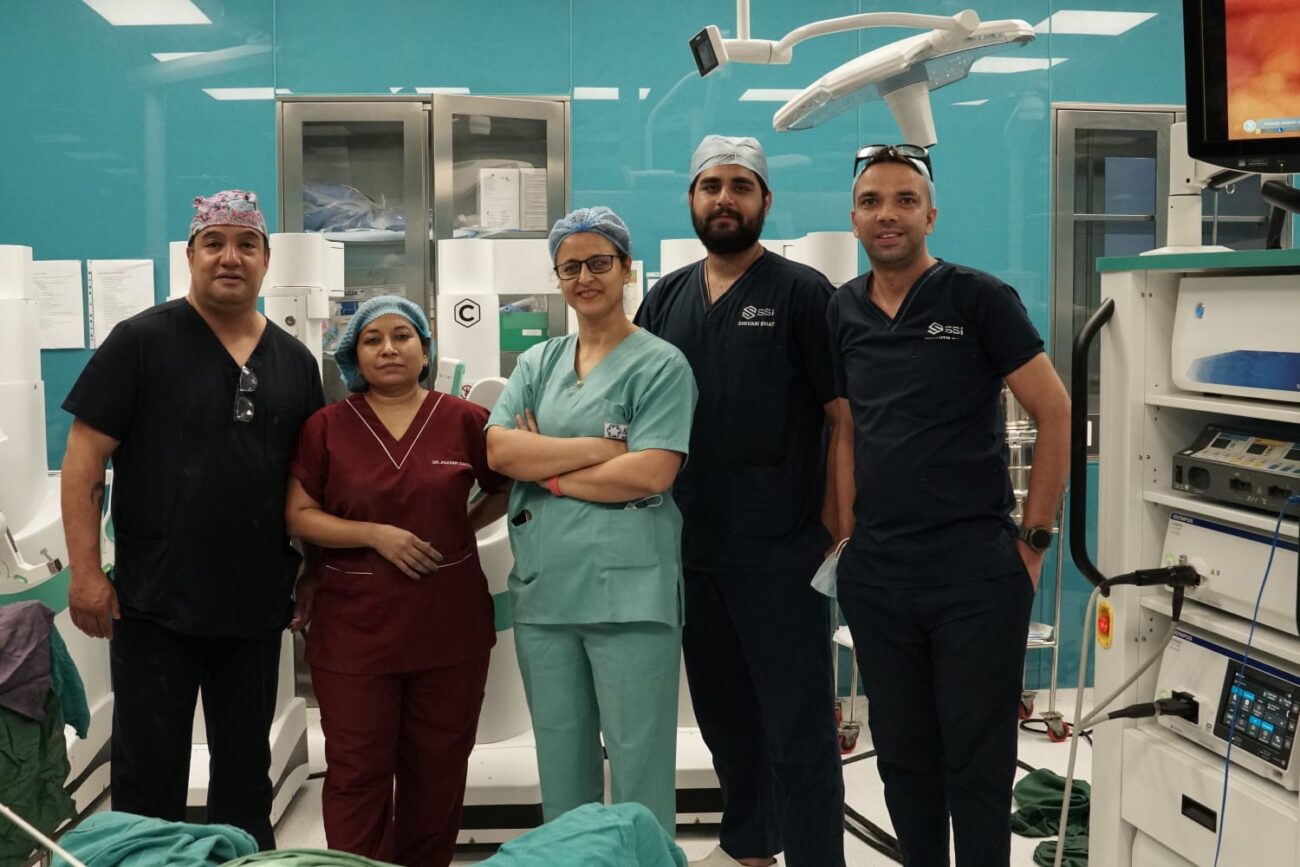AiMeD’s reaction to the notification issued by The Central Drug Standard Control Organisation (CDSCO)
Rajiv Nath | Forum Coordinator | AiMeD The Central Drug Standard Control Organisation (CDSCO), two days before, had issued a notification wherein it proposed to include all implantable medical devices and other high-end equipment under the
Rajiv Nath | Forum Coordinator | AiMeD
The Central Drug Standard Control Organisation (CDSCO), two days before, had issued a notification wherein it proposed to include all implantable medical devices and other high-end equipment under the purview of the Drugs and Cosmetics Act, 1940. The list includes all implantable devices, CT scan equipment, MRI equipment, defibrillators, PET equipment, dialysis machine, X-ray machine, bone marrow cell separator. Hitherto, these equipments and medical devices have been in the control of private players with no regulation and the government hopes that once these equipments are brought under the new act, it will be able to regulate the licences to manufacture, sell and import them. The Central Drugs Standard Control Organisation (CDSCO), has notified the list of devices to be regulated under the D&C Act and asked stakeholders to submit their suggestions by July 15. Mr. Rajiv Nath, Forum Coordinator Association of Indian Medical Device Industry (AIMED) said “While we welcome the move to regulate Implants and additional Medical Electronic Equipment including imaging equipment under MDR17 to test waters for adequacy of MDR 17. For such medical device we recommend strongly that the audit of these facilities to QMS requirements listed in schedule 5 of MDR are done by NABCB accredited certification bodies as is case of Class A & Class B devices as minimal government, maximum governance.” “Also the Law to regulate Medical Devices needs to be passed and Stakeholder consultation for the draft created by MoH&FW needs to be expedited as clearly Medical Electronics are not drugs and a misfit in current Legislation of Drugs & Cosmetics Act. We also need clarification whether the regulations will cover only long term implants or short term implants or even transient implants. Long term is over 30 days.Transient is less than one hour and short term is over one hour and less than 30 days.” Mr. Nath further added.



